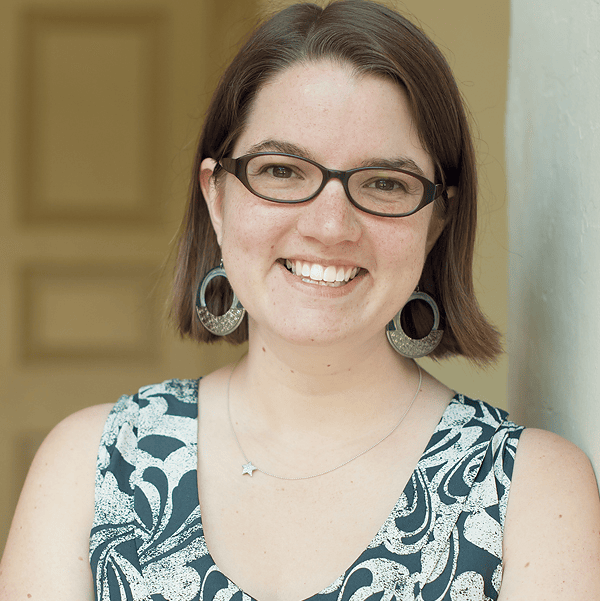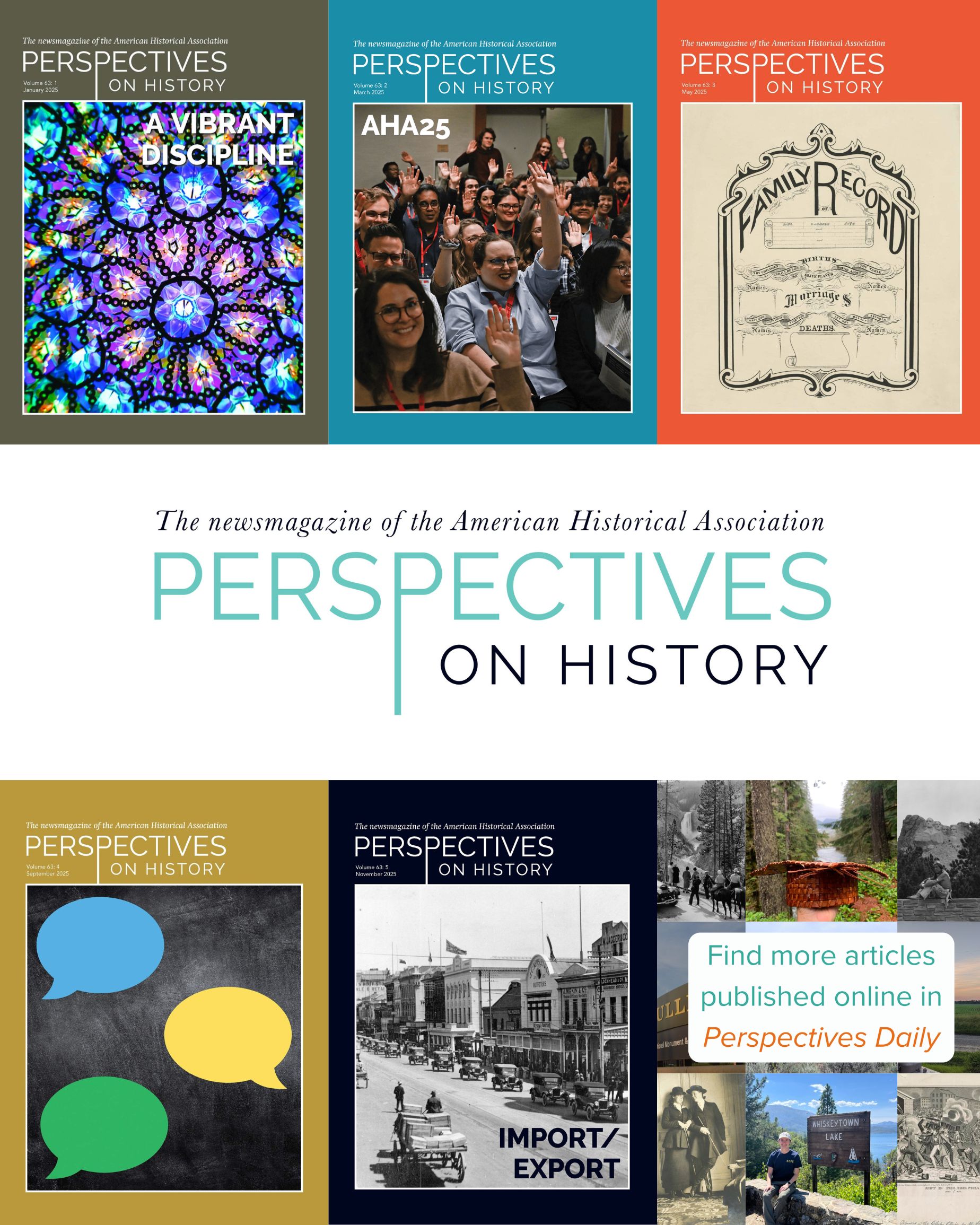The AHA is pleased to announce this year’s summer columnists. Follow along as these graduate students write about their scholarship, pedagogy, and work experiences this summer.
Hayley R. Bowman, “Narrative, Storytelling, and Podcasting in the Historian’s Practice”
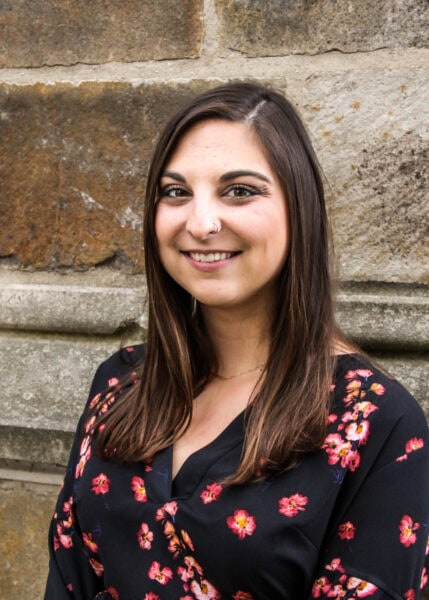
Hayley R. Bowman
History is storytelling. Whether in a dissertation, a monograph, or a museum exhibit, historians tell stories about the past, supported by evidence and research in footnotes. We do the same in the classroom, deciding how to best present stories to students in a way that sticks. And we must craft compelling stories for the public in op-eds, blogs, websites, and podcasts. Storytelling shapes how we communicate what we know to others, and, whether explicitly recognized or not, narrative forms the center of that communication.
My two-part column will consider the advantages and power of narrative historical storytelling through the medium of the podcast, based on my experience as a producer of Reverb Effect. In the first column, I will approach the topic of narrative storytelling as a means of communicating historical research to both academic and public audiences using my episode “Envisioning Eternity: Women and Purgatory in the Seventeenth-Century Spanish World” as an example. I will detail the process of creating a compelling narrative from a larger project (in this case, my dissertation), how to identify strong narrative elements in existing work, and strategies for presenting such work in a meaningful way. I will conclude by reflecting on the benefits this exercise brought to my larger project.
The second column will turn toward teaching with narrative. As teachers, we already construct narratives for our students in lectures and assignments. How we present information reflects the story we want to tell our students about our historical subjects. I will suggest ways to think more explicitly about teaching history narratively, again through the lens of a podcast. I contend that using podcasting in the classroom not only presents a new way for students to access information, but it also encourages innovative, creative methods of communication by students about history. Podcast assignments foster the development of important skills, including succinct communication of an argument and story, interview methods, project management, and collaboration.
These columns offer tangible, actionable examples of using narrative storytelling to expand our thinking, work, and teaching as historians. I will challenge readers to consider the benefits of both narrative writing and the podcast in their teaching, to enrich learning across genres and contexts.
Hayley R. Bowman is a PhD candidate in the Department of History at the University of Michigan. She studies early modern Spain and colonial Latin America, with broad interests in women and gender; art, image, and materiality; religious communities; and place and space studies. Her dissertation explores the early modern Spanish world through the eyes of Sor María de Jesús de Ágreda, a Franciscan nun who came to influence not only her confessors and her king, but also peoples and places across a transoceanic, composite monarquía. In 2020–21, Hayley hosted her department’s podcast, Reverb Effect. She tweets @hayleyrbowman.
Bobby Cervantes, “Historians and Journalists: Our Shared Commitments”
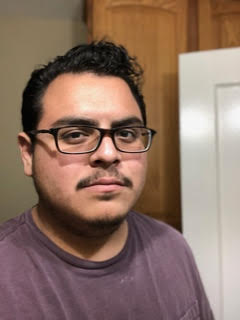
Bobby Cervantes
The term “public history” often refers to the work of historians in settings such as museums, historical institutions, and heritage associations. It is supposed to imply a position outside academia and beyond the associated responsibilities of teaching classes, advising students, and grading papers every term. Although defining public history in relation to such institutions is appealing, the practice of public history has a more boundless tradition. Generations of historians working in higher education have found creative ways of engaging wider audiences, particularly through the mass media, while also attending to their community of students.
This Perspectives Daily series considers how scholars, journalists, and the public would benefit from a reimagining of historical scholarship’s place in the public sphere. Broadly, these columns advocate for the humanities’ relevance to broad and diverse audiences. Chief among this effort is exploring the flux between analog and digital media in our time, which raises significant questions about identity, inequality, and power.
In the first column, I will examine the legacy of projects like the History News Service, founded in 1996 to encourage historians to write op-ed pieces for newspapers and wire services. Over the past 25 years, many organizations have launched their own blogs and websites that allow scholars and non-scholars alike to access thought-provoking essays free of charge, including Perspectives on History. Looking at sites like the Urban History Association’s The Metropole, the Society for US Intellectual History’s blog, the African American Intellectual History Society’s Black Perspectives, and American Studies’ Dialogues blog, I will consider how their community-building has broadened any number of fields in our profession.
In the second column, I will reflect on my own experiences as a journalist who left the news media business to pursue a PhD. Fusing my journalism experience and editorial judgment with my historical training has raised provocative issues about my work’s role in explaining the world in which we live. I will consider how my research on poverty in the United States could have made my earlier reporting more nuanced and informative for my readers. I hope that by giving my perspective from both sides, I can contextualize the process by which historians and journalists come to understand the nature of our most pressing public issues.
Bobby Cervantes is a PhD candidate in American studies at the University of Kansas. His interdisciplinary work focuses on US poverty and its transnational contexts to examine the pervasive nature of racial capitalism in the making of modern America. His research has been supported by the American Council of Learned Societies, the Andrew W. Mellon Foundation, the Jefferson Scholars Foundation, and the Organization of American Historians, among others. From 2018–21, he was the assistant editor of the journal American Studies. He tweets @bobbycervantes.
Matthew Plishka, “COVID-19 through the Lens of Plant Diseases”
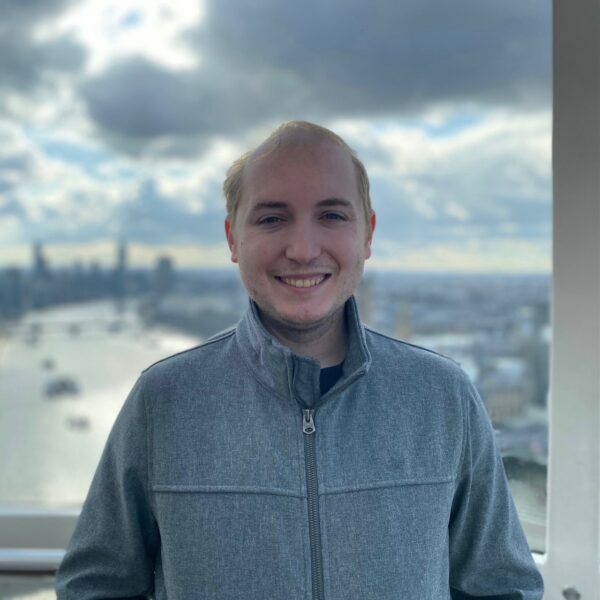
Matthew Plishka
On April 17, 2021, Johns Hopkins University reported that the number of deaths worldwide due to COVID-19 had surpassed three million people. While the rollout of vaccines here in the United States has helped to curb the virus’s spread, much of the world remains in the throes of the worst pandemic in a century. With epidemiologists around the globe rushing to learn as much as possible about COVID-19 and keep up with an ever-evolving virus, I offer one potential avenue of exploration, which moves beyond the human realm into the world of plants and plant diseases.
These columns will show how we can use the study of past plant diseases to better understand human pandemics such as COVID-19. I will argue that by stepping back from the imposed classifications of microbes to recognize the similarities inherent within plant and human diseases, we can better understand how pathogens operate. At the least, bringing the two together provides more information about pathogen movement and transmission. In a world where a disease can quickly spread from one end of the earth to another, having more information is no small accomplishment.
My first column will show how environmental historians and anthropologists have begun focusing more on the other-than-human in their works, bringing microbes and plants to the foreground alongside human beings. One of the ways this has been done is through the emerging field of multispecies ethnography. The value of what has been dubbed the “species turn” has been to deepen our understanding of past diseases, their causes, and methods of containment and cure. I will then highlight the reasons plant diseases have traditionally been excluded from the study of pandemics writ large, before making the case that this imposed boundary between plant and human diseases handicaps our ability to gain a complete picture of the global disease landscape.
My second column will provide a case study from my dissertation, examining 20th-century Jamaicans’ fight against Panama Disease, a soil-based pathogen that infected and killed banana plants. Panama Disease plagued Jamaica over a roughly 40-year period (1910–50) and transformed the world’s leading banana exporter into an afterthought in the global banana trade. Jamaican agricultural officials’ and planters’ fight against Panama Disease offers lessons that plant diseases can provide for epidemiology, including the need to focus on the movement of microbes, seemingly healthy plants acting as disease carriers, and the dangers of overconfidence in combating disease. All three of these lessons are visible in the cases of both Panama Disease and COVID-19.
Matthew Plishka is a PhD candidate in the Department of History at the University of Pittsburgh. His dissertation explores the history of the Jamaican banana industry and uses the framework of multispecies political ecology to examine the spread of Panama Disease on the island and the ways that smallholders, planters, and colonial officials responded to the disease. He holds a BA in history and government/law from Lafayette College and an MA in social sciences from the University of Chicago. He tweets @mplishka523.
The Perspectives Daily summer column program is designed to highlight the voices of graduate students and to emphasize the importance of communicating the work of historians, broadly defined, to a variety of audiences and in a variety of media. See the original contest announcement for more information.
This work is licensed under a Creative Commons Attribution-NonCommercial-NoDerivatives 4.0 International License. Attribution must provide author name, article title, Perspectives on History, date of publication, and a link to this page. This license applies only to the article, not to text or images used here by permission.
